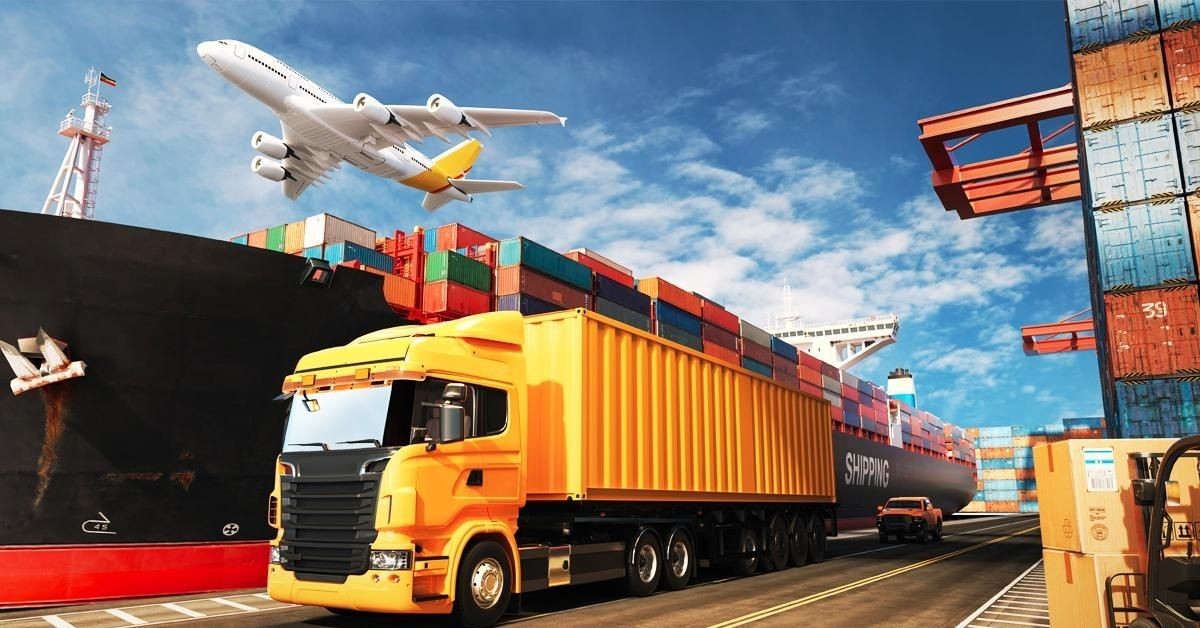India’s revolutionary digital infrastructure is primarily driving transformation in the logistics sector, enabling seamless operations and greater operational efficiency. Experts feel that the country’s improved ranking in logistics performance is a step in the right direction and also there is a need to bring the overall cost of logistics down.
“We are delighted to witness India’s improved ranking in the World Bank’s Logistics Performance Index 2023, which is a testament to the country’s significant investments in logistics, infrastructure, and technology. However, there is an opportunity for both the logistics player and the government to accelerate the journey bringing down logistics cost to 9% of GDP. This requires both investment and close collaboration between the government and private sector,” said Anil G Verma, Executive Director & CEO, Godrej & Boyce.
The government’s ambitious target of a $5 trillion economy has led to an increase in customer expectations for quicker deliveries and shorter lead times, experts said, adding that technology and automation offered by 3PL firms have also aided businesses to streamline supply chain efficiency.
National Logistics Policy (NLP) initiatives such as the Unified Logistics Interface Platform and System Improvement Group to name a few are expected to further enhance India’s logistics ecosystem and fuel growth.
They feel that the government’s latest efforts to enhance the logistics sectors through initiatives such as the Prime Minister National Master Plan for multimodal connectivity and the National Logistics Policy are poised to provide the necessary stimulus.
The government has already facilitated a favourable environment for foreign direct investments in India.
The industry is of the view that the warehousing sector in India has been steadily focused on adopting greener practices to meet global standards and drive collaborative efforts with the manufacturing industry. While geopolitical tensions have disrupted international trade, India’s focus on infrastructure development has boosted the manufacturing sector and exports resulting in progressive domestic growth.
However, the warehousing sector still requires significant support and strategic investments for long-term growth and holistic development.
“The implementation of green warehousing practices necessitates substantial capital investments for the installation of energy-efficient technologies, specialized building designs, and eco-friendly materials. Hence, foreign investment is critical in paving the way for the inflow of the latest technology that can transform warehousing operations,” said Anshul Singhal, Managing Director, Welspun One Logistics Parks.
He added, the sector is highly dependent on technology for smooth functioning, and FDI can bring in cutting-edge technologies and innovations from developed countries to promote green operations. However, it is imperative that organisations at a business level also ensure integration of ecological initiatives, which is indicative of their commitment to a greener economy. The government’s added commitment to promoting green growth is commendable, with the recent budget allocating a significant outlay of Rs 35,000 crore to achieve energy transition and net zero objectives and prioritizing green growth.
Overall, the combined effort of Digital adoption and green practices will play a crucial role in driving value-added collaborations with the manufacturing industry, which will drive sustainable development, Singhal said.
“The warehousing sector, which is a crucial component of the logistics ecosystem, is also set to witness significant growth in the near future, with a projected value of INR 2,872.10 billion by 2027. NDR Warehousing strives to improve operational efficiency, collaborate more closely with partners, and leverage the latest digital tools to expand our horizon,” Daljit Singh, Head of Business Development & CRM, NDR Warehousing.
Logistics companies in India have positioned themselves well to build on this success and achieve even greater heights in the future by renewing their focus on efficiency, innovation, and customer satisfaction, Singh said.
He added that the significant growth comes with its set of environmental challenges including increased energy consumption, waste generation, and carbon emissions have become more prevalent as the industry continues to expand.
By adopting sustainable practices, companies boost brand value and position themselves as responsible and environmentally conscious. As the Indian warehousing industry continues to grow, it is important that companies prioritize sustainability and actively seek out innovative solutions that can help them achieve their business objectives while also protecting the planet for future generations, Singh added.






